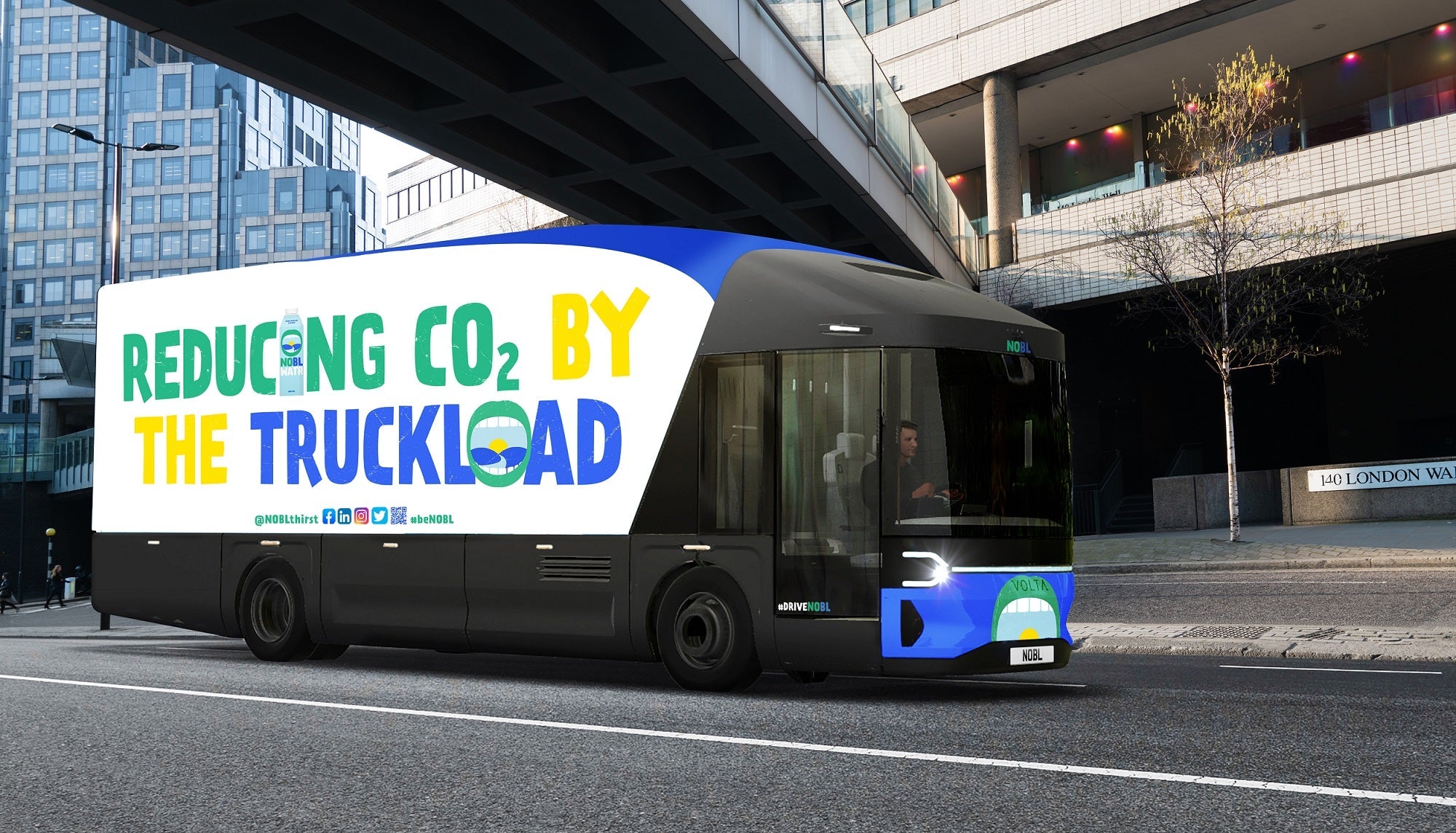Are eco-friendly vehicles better for our environment?
Some of the popularity of electric and hybrid vehicles can be attributed to the claim and fact that they are less damaging to our environment.
And while that may make sense to most, it is important to keep in mind that some of the impact from owning an eco-friendly vehicle is directly affected by external factors, like where you live. Here are some facts about eco-friendly vehicles and how they affect our environment.

The NOBL Volta Zero Electric Truck will be on the roads in 2023
Hybrid versus Electric
Cars that are purely electric have the greatest potential to have a positive impact on the effects of our transport systems. They are powered by batteries, and most can be charged by plugging them into an electrical socket. This means that any source that produces electricity, from power plants to solar panels, can be used to charge up the battery.
Hybrid cars use a traditional fossil fuel-based engine along with a secondary engine, which is usually electric or hydrogen based. This second engine kicks in to assist the battery powered motor when it needs it.
Fewer emissions
The fossil fuels burned in traditional engines generate harmful greenhouse gases that build up in our atmosphere. Electric cars don’t produce any such waste and their growing popularity results in a decrease in the amount of air pollution being produced.
Hybrid cars still produce exhaust fumes, but due to having some of the power from an electric motor allows them to produce less than traditional vehicles. In addition, a hybrid car may be modified to use an alternative fuel instead of gasoline, such as ethanol and biodiesel. Using these has the potential to decrease vehicle emissions by as much as 97 percent.

Less fuel consumption
Our planet’s fossil fuel supplies are not unlimited. Eventually, reserves will be used up and alternative fuel sources will no longer be an option. Electric cars don’t rely on these fuels as they can be powered by renewable alternatives, which means you can save money too! Hybrid cars are still dependent on some fossil fuels, but use less and therefore have less of an impact on supply.
Renewable fuels
A hybrid car can been converted to run on renewable biofuels. These fuels can be produced from plants, which can be grown industrially to produce more. This means that, unlike oil, supplies of these fuels are not limited and will not run out. This, coupled with the low emissions caused by these fuels, makes them good for use in eco-friendly cars. An increase in popularity in biofuels could lead to a cleaner future that is less taxing on oil supplies. There is some debate on the energy consumption used to produce these fuels and if that makes them a viable replacement for fossil based fuels though.
An eco-friendly vehicle can have a great impact on the environment, depending on where you live. Some people remain sceptical of how much they really help the environment, due to factors such as where and how the materials for the batteries are derived.
Like in most things there are good reasons and for and against, however, if the goal is to reduce our reliance on fossil based non-renewable fuels, then both electric and hybrid vehicles are a step in the right direction.



